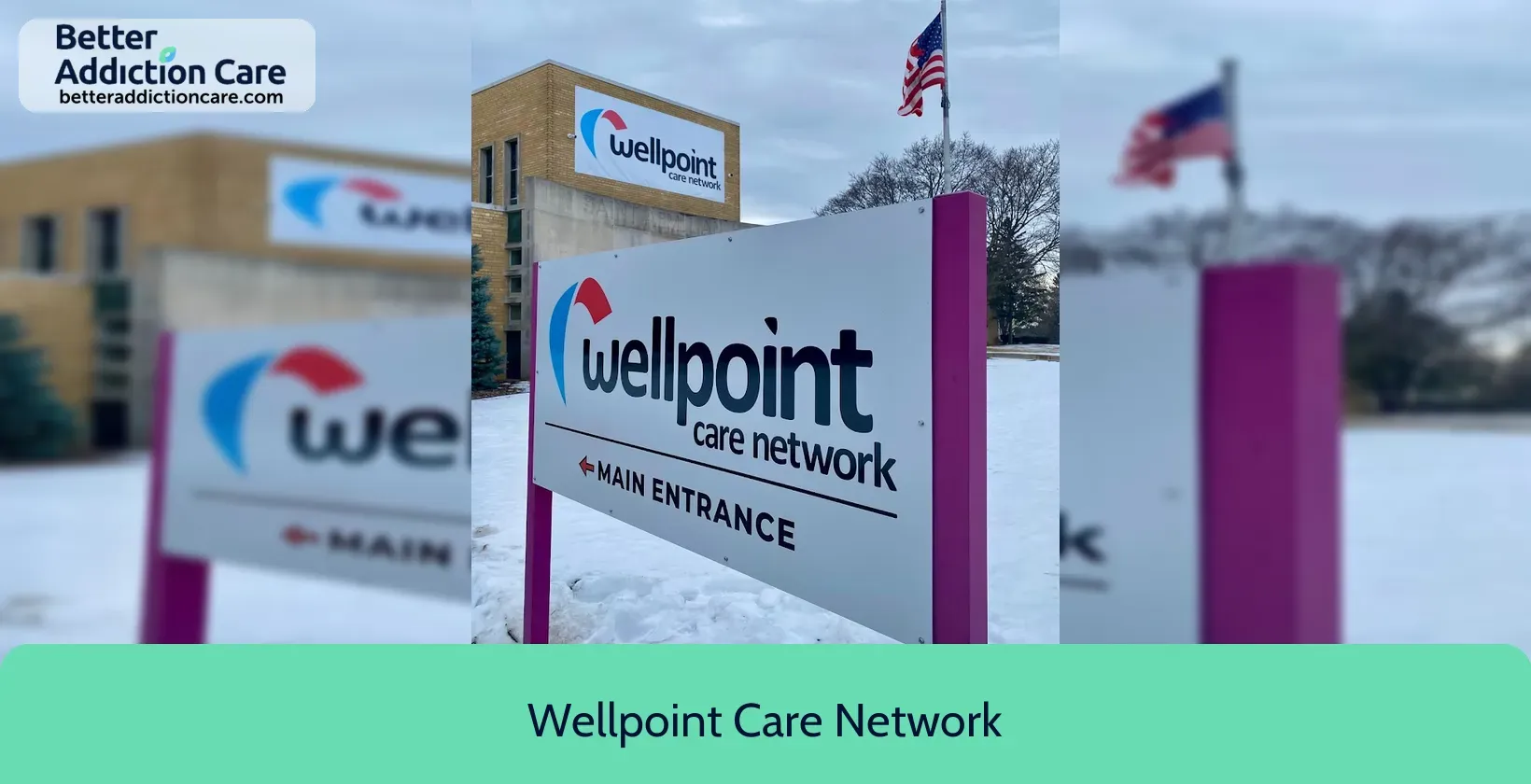
Overview
Positive Outlook Clinical Services is a mental health treatment center for people seeking treatment near Milwaukee County. As part of their treatment modalities for recovery, Positive Outlook Clinical Services provides couples/family therapy, group counseling, and cognitive behavioral therapy during treatment. Positive Outlook Clinical Services is located in Milwaukee, Wisconsin, accepting cash or self-payment for treatment.
Positive Outlook Clinical Services at a Glance
Payment Options
- Cash or self-payment
- Medicaid
- Private health insurance
- County or local government funds
- Sliding fee scale (fee is based on income and other factors)
Assessments
- Screening for tobacco use
- Comprehensive mental health assessment
- Comprehensive substance use assessment
Age Groups
- Children/adolescents
- Young adults
- Adults
- Seniors
Ancillary Services
- Court-ordered outpatient treatment
- Diet and exercise counseling
- Family psychoeducation
- Suicide prevention services
Highlights About Positive Outlook Clinical Services
6.65/10
With an overall rating of 6.65/10, this facility has following balanced range of services. Alcohol Rehabilitation: 8.00/10, Drug Rehab and Detox: 6.00/10, Insurance and Payments: 6.00/10, Treatment Options: 6.61/10.-
Alcohol Rehabilitation 8.00
-
Treatment Options 6.61
-
Drug Rehab and Detox 6.00
-
Insurance and Payments 6.00
Treatment At Positive Outlook Clinical Services
Treatment Conditions
- Mental health treatment
- Alcoholism
- Substance use treatment
- Co-occurring Disorders
Care Levels
- Outpatient
Treatment Modalities
- Couples/family therapy
- Group counseling
- Cognitive behavioral therapy
- Integrated Mental and Substance Use Disorder treatment
- Telemedicine/telehealth therapy
Ancillary Services
Special Programs
- Clients with co-occurring mental and substance use disorders
Get Help Now
Common Questions About Positive Outlook Clinical Services
Contact Information
Other Facilities in Milwaukee

6.68

7.05

6.77

6.65

7.17

7.12

6.79

6.65
DISCLAIMER: The facility name, logo and brand are the property and registered trademarks of Wellpoint Care Network, and are being used for identification and informational purposes only. Use of these names, logos and brands shall not imply endorsement. BetterAddictionCare.com is not affiliated with or sponsored by Wellpoint Care Network.
